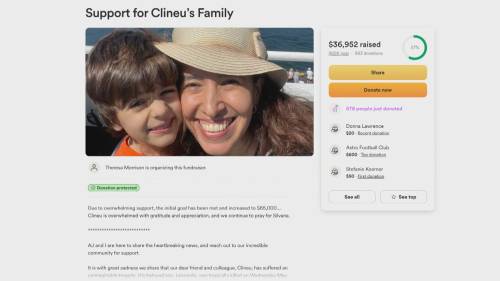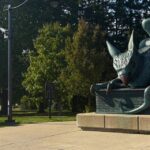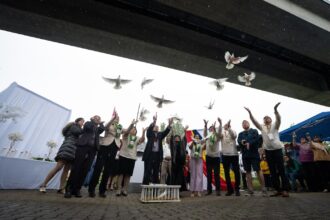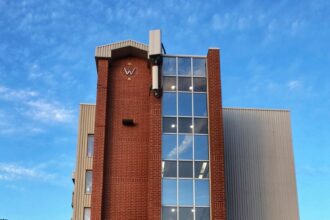The weathered shoreline of Horseshoe Bay became the unlikely centerpiece of community solidarity this week as residents across British Columbia mobilized with remarkable speed to support victims of Monday’s devastating bus crash that claimed three lives and left numerous others injured.
In the quiet hours following the tragedy, when a charter bus carrying 57 people careened into the Horseshoe Bay ferry terminal waiting area, the response from neighboring communities transformed from shock to purposeful action. Local businesses, faith groups, and ordinary citizens have established multiple channels of support for affected families, many of whom were visitors to Canada.
“What we’re witnessing is the true spirit of British Columbia,” said Sarah Mackenzie, coordinator of the West Vancouver Emergency Response Team. “People who never met these visitors are opening their homes, donating necessities, and offering transportation to those suddenly stranded far from home.”
The CO24 News team has learned that several local hotels have provided complimentary accommodations for families of the deceased and injured, while restaurants throughout West Vancouver have organized meal deliveries to hospital waiting rooms where anxious relatives maintain their vigil.
Transportation authorities continue their investigation into how the bus, which was carrying tourists predominantly from Asia, lost control before crashing into the terminal structure. While officials from CO24 Canada have reported that mechanical failure is being examined as a potential cause, they caution that the investigation remains in its preliminary stages.
“This type of incident affects our entire tourism industry and everyone who calls this region home,” explained Regional Councillor David Chen. “The victims were guests in our country, and the overwhelming community response shows that British Columbians feel a deep responsibility toward them.”
Particularly touching has been the multilingual support network that emerged organically within hours of the crash. Volunteer translators have stationed themselves at hospitals and support centers, ensuring that vital information reaches family members, many of whom speak limited English. Local Chinese and Korean community organizations have established dedicated helplines and are coordinating with consular officials to assist with the complex logistics of supporting foreign nationals during crisis.
Financial contributions have poured in through several verified community fundraising campaigns, raising over $75,000 in just the first 36 hours. These funds are being directed toward immediate needs such as emergency accommodations, transportation costs for family members traveling to Vancouver, and other unforeseen expenses that arise during such tragedies.
Mental health professionals from across the Lower Mainland have also volunteered their services, offering trauma counseling not only to direct victims but also to first responders and witnesses who experienced the horrific scene. The psychological impact of such events often extends far beyond those physically injured, affecting the broader community for months or even years.
As memorial flowers continue to accumulate at a makeshift shrine near the ferry terminal, questions about transportation safety and emergency preparedness at major transit hubs have naturally emerged. Industry experts interviewed by CO24 Business suggest this incident may prompt a nationwide review of charter bus safety protocols and terminal design standards.
What remains most evident amid the tragedy is the profound capacity for compassion that emerges when communities face unexpected crises. As one local volunteer remarked while distributing care packages, “These weren’t just any tourists—the moment they were injured on our soil, they became our responsibility, our neighbors, our family.”
As British Columbia continues navigating this tragedy, a question lingers that applies to communities everywhere: How do we maintain this spirit of immediate, unconditional support for strangers in crisis during ordinary times, not just in the aftermath of headline-making disasters?

























